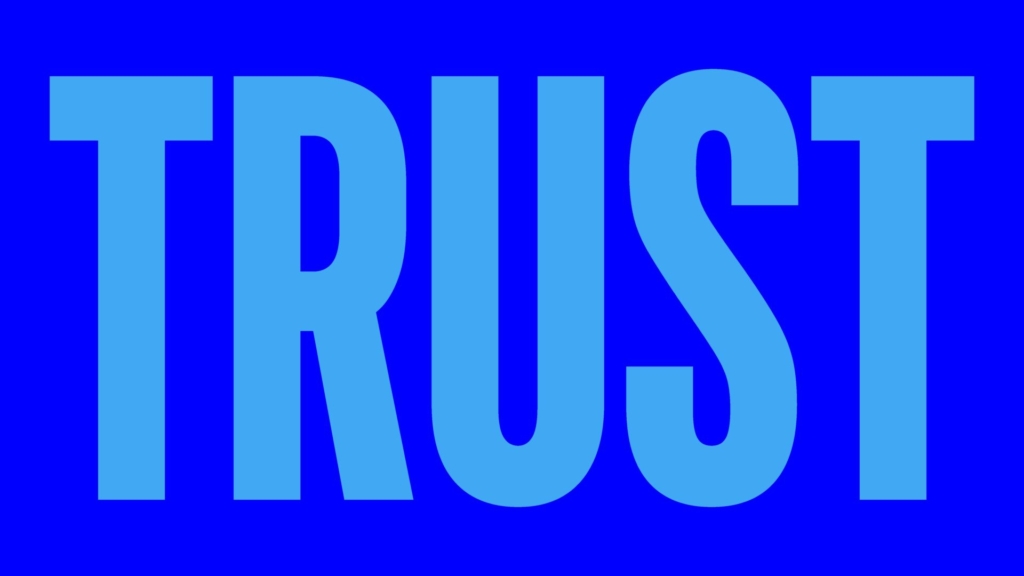Think about your favourite café. For me, it’s the local one at home by the sea, where they greet me with a warm smile. I go back time and again — not just for their coffee, but because I trust them. Now, apply this principle on a global scale, and you’ll see why trust is the foundation of every successful brand. It’s what forges lasting relationships between businesses and the customers who support them.
But trust is hard-earned, even harder to keep. It’s the currency that loyal customers trade with, choosing you over competitors, even when others offer lower prices. It’s the force that inspires people to rally behind your brand during challenges. And yet, it’s unbelievably fragile. One careless tweet, a faulty product, or negative press can shatter years of goodwill — and rebuilding it can be an uphill battle.
Even major brands lose trust
Picture Volkswagen. Cheating on emissions tests was a betrayal of their customers. The “dieselgate” scandal in 2015 didn’t just pollute the air but also their brand. It’s hard to think about Tesla cars without also considering Elon Musk’s unpredictable behaviour or the delays and quality problems that initially tested customers’ patience in some markets. And then, there’s Swedbank, one of the oldest and most trusted Nordic banks, which was brought into question after being exposed in a money-laundering scandal.
These brands didn’t just make mistakes; they damaged the emotional contract they had with their customers. A break in trust isn’t just bad press – it strikes where it hurts the most: loyalty and revenue. Thankfully, not every story is about failure. Take LEGO — a brand trusted for quality, creativity, and sustainability. By staying true to its values, LEGO inspires generations and earns lasting loyalty. Now that’s trust done right.
Five steps to build, maintain, and restore trust
Be transparent
Customers want honesty more than ever. The 2025 Edelman trust barometer report on a growing lack of trust in leadership, business and institutions. Volkswagen did eventually apologize and promise reforms, though not before some intense global backlash.
Deliver consistently
Brands don’t need to be perfect, but they do need to be reliable. Tesla’s innovation wows people, but delays combined with Elon Musk’s provocative ethics and conduct create uncertainty and plummeting sales.
Prioritize ethical practices
Trust extends beyond just doing good business. Today’s consumers are hyper-aware of how companies impact the environment and society. Mckinsey’s research underscores that resilience in times of crisis comes back to companies sticking to their moral compasses.
Actively engage with customers
Think of Forbes’ insights here — communication is paramount. Whether via social media or crisis responses, brands should ensure they’re not just heard, but that they’re listening too. Tesla sometimes falls short here; engaging with the frustration of their loyalists could work wonders.
Accountability is king
If you say something, back it up with action. Swedbank is trying to repair its reputation, step by step, by cooperating and making internal changes. It’s not a quick fix, but being accountable is the only way forward.
Talk to us about trusted brands
A trusted brand is built through a holistic approach—connecting to people’s minds, resonating with society, and aligning with every aspect of the business. It’s about Fusing Business Logic with Brand Magic to create long-term value and unlock new opportunities. Want to know more? Get in touch!
Urban Björnström
Concept Developer & Copywriter at Grow



